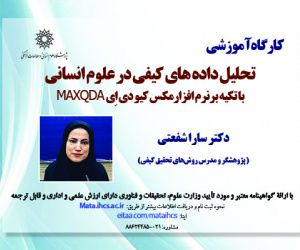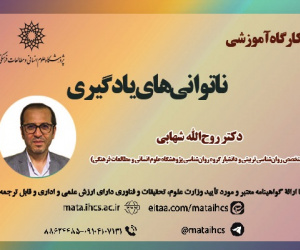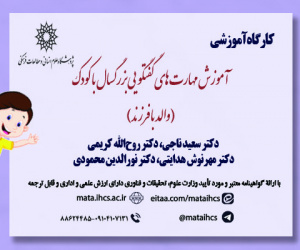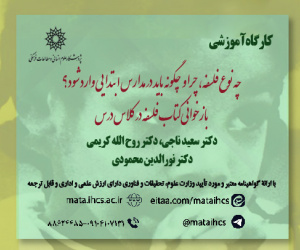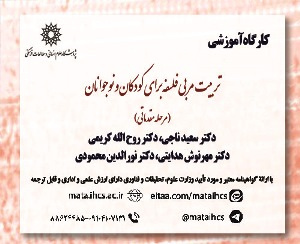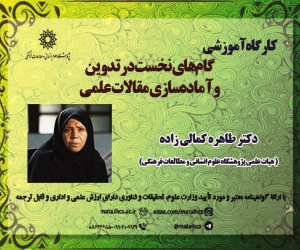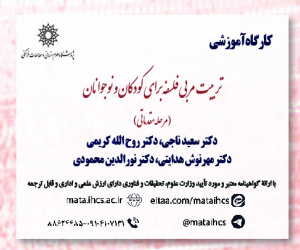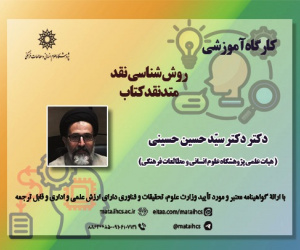شهروند و حکمران اخلاقی در اندیشه اسلامی: الگویی برای حکمرانی عادلانه و پایدار (مقاله پژوهشی حوزه)
درجه علمی: علمی-پژوهشی (حوزوی)
آرشیو
چکیده
مکتب های گوناگون برای هدایت انسان به سوی کمال، مجموعه ای از ارزش ها و ضوابط رفتاری (بایدها و نبایدها) را در سطوح فردی و اجتماعی ارائه می دهند. اسلام هم به عنوان ایدئولوژی ای جامع، انسانی و فطری _ نه گروهی، تفرقه افکن یا ابزاری _ با تأکید بر غلبه عقل بر شهوت، چهارچوبی اخلاق محور برای رفتار حاکمان و شهروندان ترسیم می کند.ویژگی متمایز اسلام در حوزه حکمرانی و شهروندی، تأکید آن بر تقدم اخلاق بر سیاست و ضرورت حاکمیت اخلاقی است؛ حاکمیتی که تنها از راه نهادهای نظارتی حاصل نمی شود، بلکه بر پایه باور و التزام عمومی به ارزش هایی چون توحید، عدالت و دیگر فضایل انسانی است.این مقاله با فرض توانایی اسلام در برپایی حکمرانی اخلاق مدار و تربیت شهروندان شایسته، به تحلیل پیوند دوسویه اخلاقی بین شهروند و حکمران در اندیشه اسلامی می پردازد. در پرتو شکاف موجود بین آرمان و واقعیت، سه سطح از الزامات _ قانونی، اجتماعی و اخلاقی _ به صورت تحلیلی بررسی شده است. رویکرد مقاله بر پایه ساختاربندی مفهومی با تأکید بر تقدم اخلاق بر سیاست در چهارچوب ایدئولوژی اسلامی است.پیوند بین شهروند و حکمران در دوجنبه مشترک (هم سویی در قانون گرایی و صداقت) و جنبه اختصاصی (پیروی آگاهانه شهروند از یک سو، و عدالت ورزی حکمران از سوی دیگر) واکاوی شده است. یافته ها نشان می دهد که این پیوند در اندیشه اسلامی، تعاملی، دوسویه و متوازن است؛ به گونه ای که شهروند و حکمران به عنوان دو رکن مکمل، نقش مستقیمی در تحقق جامعه ای اخلاق محور و عدالت گرا ایفا می کنند.The Ethical Citizen and Ruler in Islamic Thought; A Model for Just and Sustainable Governance
Various schools of thought offer a set of values and behavioral rules (ought and no ought) at the individual and social levels to guide humans toward perfection. Islam, as a comprehensive, humane, and fitri ideology—not a group, divisive, or instrumental ideology —emphasizes the superiority of reason over lust, drawing a morally-based framework for the behavior of rulers and citizens. A distinctive feature of Islam in the field of governance and citizenship is its emphasis on the primacy of morality over politics and the necessity of moral sovereignty, a sovereignty that is not achieved solely through regulatory institutions but is based on public belief and commitment to values such as monotheism, justice, and other human virtues. This paper analyzes the two-way moral bond between citizen and ruler in Islamic thought, assuming Islam’s ability to establish morally-based governance and educate worthy citizens. In light of the gap between ideal and reality, three levels of obligations—legal, social, and moral—are analytically examined. The article's approach is based on a conceptual structure emphasizing the primacy of ethics over politics within the framework of Islamic ideology. The link between the citizen and the ruler has been analyzed in two common aspects (alignment in legalism and honesty) and a specific aspect (conscious adherence of the citizen on the one hand, and justice of the ruler on the other). The findings show that this link in Islamic thought is interactive, two-way, and balanced; in such a way that the citizen and the ruler, as two complementary elements, play a direct role in the realization of a morally oriented and justice-oriented society.
